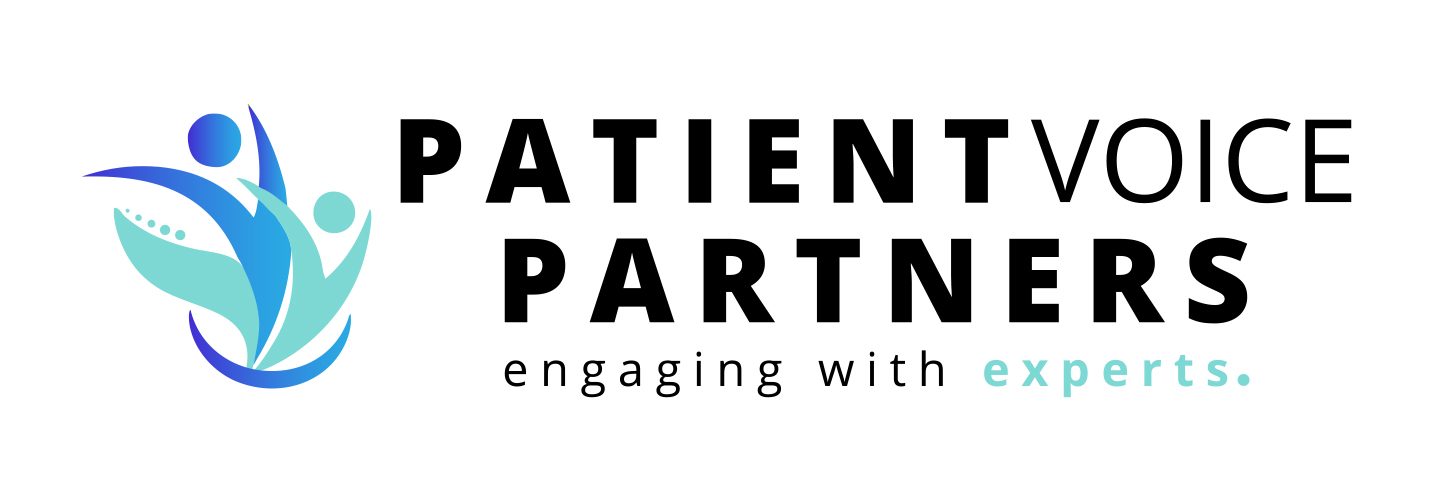As we start a bold new year all about curiosity and compassion, we wanted to share our market reflection on what are the top 5 trends for patient engagement in 2023.
- Need for increased awareness of diversity and inclusion.
- Here are just two examples of ongoing challenges:
- Despite cardiovascular disease being the leading cause of death for women globally, according to cardiologists, a general lack of awareness of women’s heart disease is leading to missing heart attacks in women or delaying diagnosis.
- According to the National Institute of Health, mental health disorders, like depression, anxiety, bipolar, and schizophrenia are widely misdiagnosed across races. Black people are misdiagnosed at higher rates. How can one seek treatment when diagnosis alone renders challenges?
- Direct insight sharing from patients and caregivers.
- “Nothing about us without us” is more commonly used among the patient community.
- Get insight on patient care, disease state management and treatment directly from those impacted. Give patients and caregivers a seat at the table.
- One caution – be thoughtful of process and who you use to hold insight sessions as there are privacy, privacy, and privacy considerations that support good compliance measures!
- Patient engagement is not only local. Think global.
- Global patient connections are on the rise. For example, newer World Patient Alliance Organization.
- Increasing number of global publications in the literature sharing patient experiences across geographies. What can we learn from other countries?
- External environment seeking patient voice.
- Health Technology Assessment evaluations are increasing patient inputs, like CADTH* in Canada seeking patients’ perspectives to improve the quality of assessments of medical procedures, devices, and drugs and NICE** in the United Kingdom increasing focus and relevance for the people most directly affected by recommendations.
- Payers, decision makers, politicians, and clinical researchers are also seeking increased patient involvement.
- Patients and caregivers are more sophisticated and involved in their own healthcare.
- Increasing requests for virtual engagements around healthcare issues and sites of care.
- Patients want timely and equitable access to new treatments and are more willing to advocate in all healthcare aspects.
* Canadian Agency for Drugs and Health Technology Agency (CADTH) ** National Institute for Heath and Care Excellence (NICE)
Patient centricity is only going to increase over the next decade with information on disease journey, treatment experiences, unmet needs in managing disease(s), and priorities for care.
Want to discuss more about support with patient journey mapping, real-world evidence publications and patient engagement insight generation activities like advisory boards, focus groups, and surveys?
We would love to connect with you.
Please contact us.
Website https://patientvoicepartners.com

